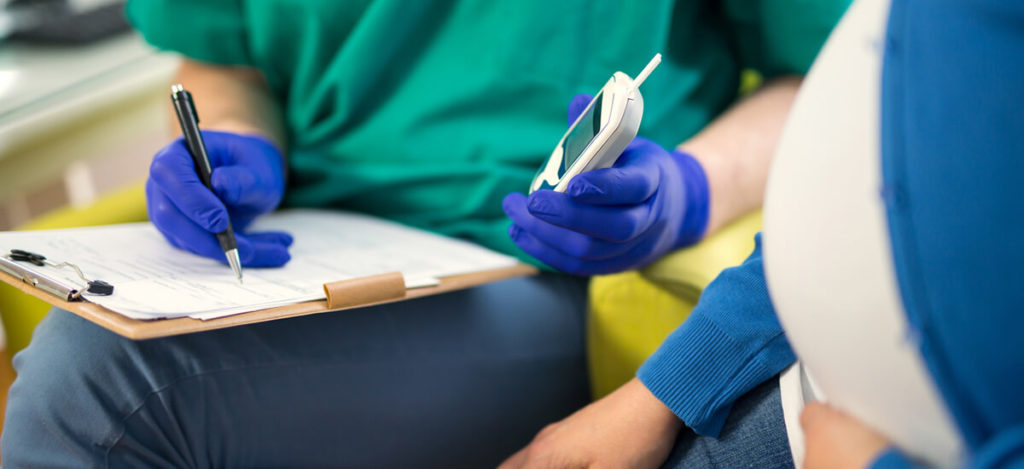A Queensland-based researcher is on the verge of a significant new approach to treatment for people with Type 2 diabetes.
Professor Mike McGuckin, from The University of Queensland’s Mater Research Institute-UQ (MRI-UQ), said his team had discovered that a protein produced by immune cells relieves stress in pancreatic beta cells.
Beta cells produce insulin, which controls the levels of glucose in the blood. Stress in beta cells underlies the high-blood sugar in Type 2 diabetes and leads to the health problems associate with the disease.
The inability to produce enough insulin to control blood sugar is the core problem in Type 2 diabetes.
Professor McGuckin said researchers believed that stress in beta cells was central to the inability to produce enough insulin to control blood glucose.
“The research shows that this protein, called IL-22, can restore the control of blood sugar levels by restoring appropriate insulin production and also correcting sensitivity to insulin in responsive tissues,” he said.
“This finding is significant because it means diabetics could potentially replace insulin injections with less frequent injections of IL-22.”
With more than 1.5 million Australians affected by diabetes, Professor McGuckin said some more work was needed to be done before clinical trials in diabetes patients could begin.
“Whether it revolutionises diabetes treatment depends on what happens in these clinical trials,” he said.
“Because it is a biological therapy, IL-22 may have side-effects that we have not seen so far in the research, limiting its appropriateness as a treatment.
“However, it also opens up a new pathway for treating diabetes based around the way IL-22 works.
“In other words, other treatments might not include IL-22, but the pathways that it drives.”
The researchers are working with partners in the pharmaceutical industry to develop prototype therapies with a view to moving towards clinical trials in patients with diabetes.
Get on top of your general health
Find and instantly book affordable GPs within Australia
The paper has been published in the internationally prestigious Nature Medicine.
(Source: The University of Queensland, Nature Medicine)
All content and media on the HealthEngine Blog is created and published online for informational purposes only. It is not intended to be a substitute for professional medical advice and should not be relied on as health or personal advice. Always seek the guidance of your doctor or other qualified health professional with any questions you may have regarding your health or a medical condition. Never disregard the advice of a medical professional, or delay in seeking it because of something you have read on this Website. If you think you may have a medical emergency, call your doctor, go to the nearest hospital emergency department, or call the emergency services immediately.







